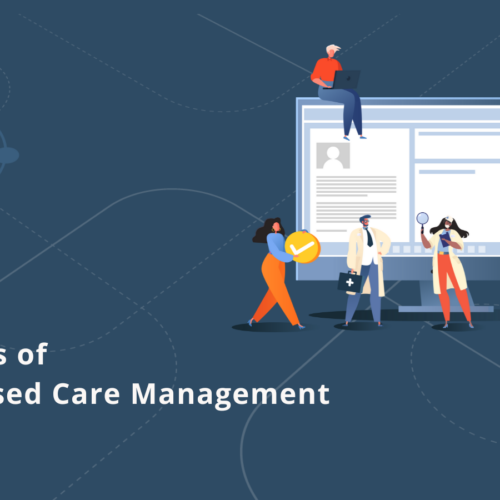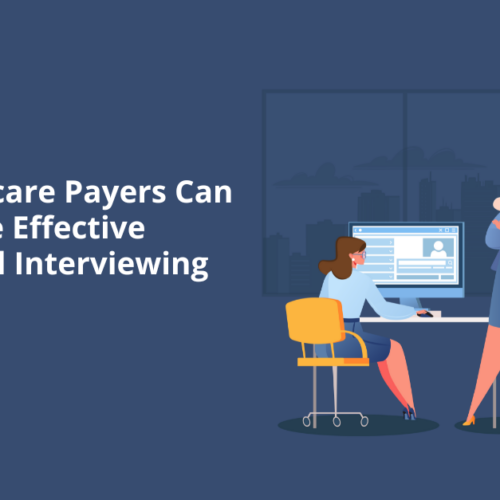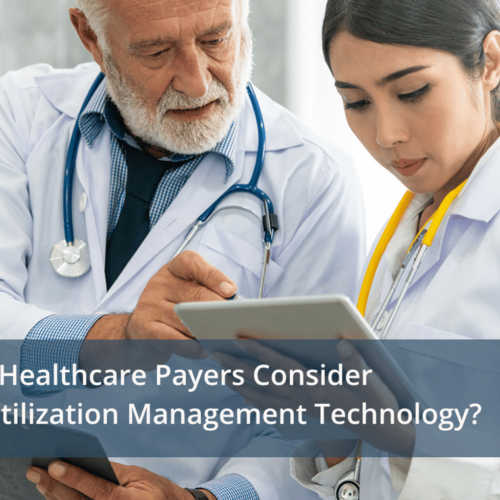Why does FHIR® matter so much in the modern healthcare data exchange? A conversation with VirtualHealth product team leaders about the different reasons why FHIR®matters in the modern healthcare data exchange. There are a number of reasons why the HL7® FHIR® standard matters in the modern healthcare data exchange. From improved access for payers, providers,...
Author: elliginthealth (Elligint Health)
Future of Care Chat – Episode 3 – Diving into FHIR®
What is FHIR? Why does FHIR matter in healthcare data management? The HL7 FHIR (Fast Healthcare Interoperability Resources 1) standard defines how healthcare information can be exchanged between different computer systems regardless of how it is stored in those systems. And for healthcare payers and organizations today, it’s an important standard for sharing and exchanging...
How Can Accountable Care Organizations Address the Data Silo Challenge?
Nearly a decade ago, a Forbes contributor referred to data silos as “a medical tragedy.” Jump forward 10 years and we still have data silos. And the very real human consequences they create such as suboptimal health outcomes related to missed or delayed diagnoses, medical errors, and missed opportunities to provide the right care at...
6 Things Accountable Care Organizations Should Look for in a Medical Management Platform
Medical management platforms can help accountable care organizations (ACOs) meet core goals related to providing highly coordinated, value-based care. For example, software with automated workflows and data centralization capabilities helped ACOs increase primary care services and wellness rates among members while reducing emergency department visits, hospital readmissions, and overall costs, according to a 2017 report...
Future of Care Chat – Episode 2 – The Evolution of Healthcare Data Interoperability
How has healthcare data interoperability changed in the last few years? Are data silos still a core challenge? Disconnected data negatively impacts payers and providers across the care continuum, impacting everything from healthcare experiences and health outcomes to higher costs and inaccurate care and utilization management. In Episode 2, Marcus Caraballo, VP of Product Management,...
Three Essentials a Value-Based Care Management Platform Must Have
Your patients (health plan members) are the driving force behind everything you do. And with the gradual shift over the past two decades from volume-based, fee-for-service payment models to value-based care and managed care models, your team is finally able to focus on each patient as a whole. The only thing that could possibly get...
How Healthcare Payers Can Unlock More Effective Motivational Interviewing
Healthcare payers can help members improve health choices with digital tools and key motivational care management strategy Motivational interviewing (MI) is an evidence-based method of helping members overcome resistance to positive behavior changes that are critical to improving their health. Through effective MI, care managers can empower members to Identify personal barriers to better health...
Pediatric Populations: How Can Care Managers Engage Families with SDOH-Related Needs?
A national survey of parents with children under the age of 18 found that: 32% missed at least one pediatric medical appointment in the last year because they were unable to get to it or pay for it. 30% reported not having enough time to focus on their child’s health unless it’s a medical emergency....
Why Should Healthcare Payers Consider Integrated Utilization Management Technology?
Drive faster authorizations, reduce human error and administrative burden, and get higher plan satisfaction ratings As value-based care models continue to grow in popularity, healthcare plans and providers should take this opportunity to consider holistically transforming their utilization management (UM) program approach. Historically, utilization management and care management have been separate disciplines with separate data....
How Can You Deliver Value-Based Care that Engages Generation X?
This post is the third in a five-part series highlighting top insights from our white paper, Personalized Value-Based Care: Effective Multi-Generational Care Management Strategies. Addressing generation-specific attitudes, concerns, and preferences regarding healthcare, as well as individual non-clinical factors that impact health, is integral to driving member engagement and better outcomes. Here, we explore how organizations...











